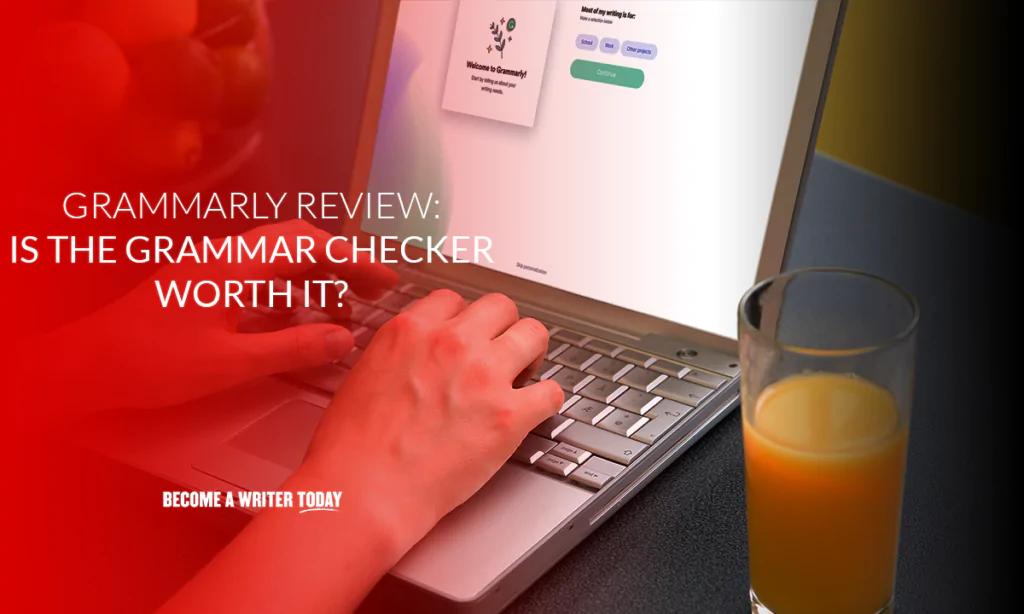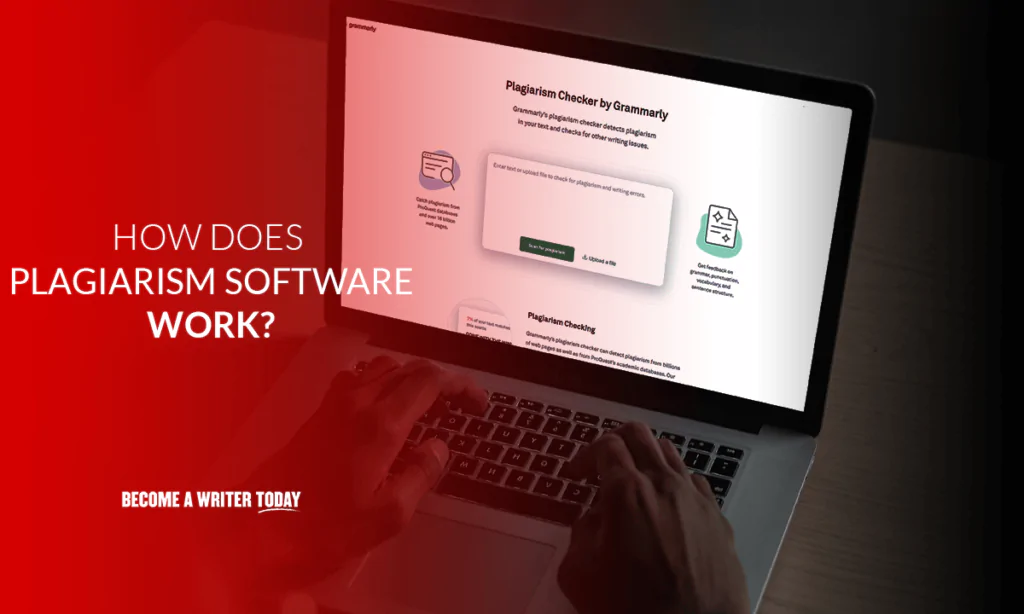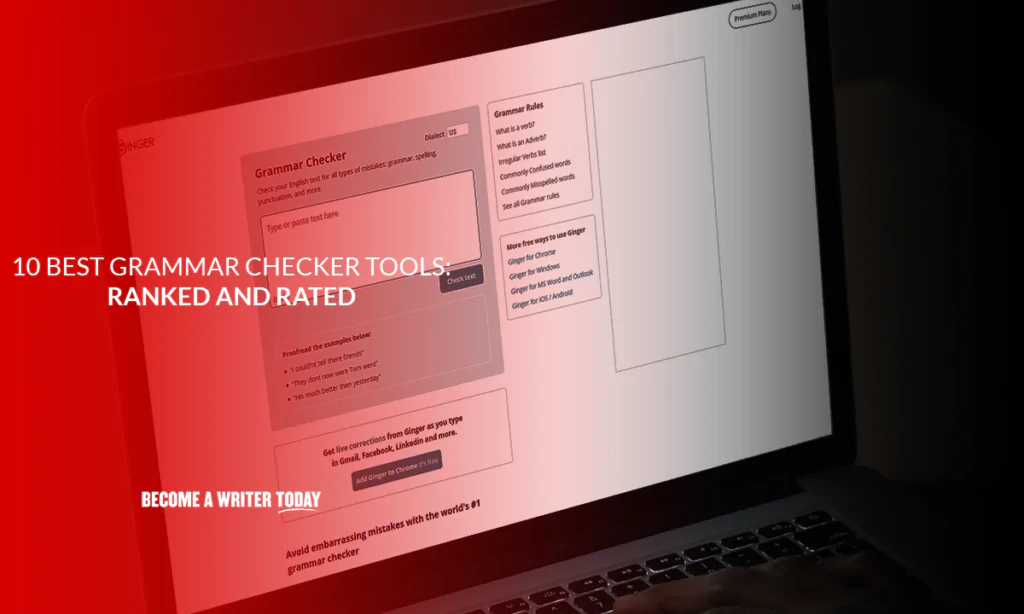Want to Write Online?
As Seen On

Writing Software Reviews
We try and test the best writing software and apps. Read some of our popular reviews.
Writing Resources
Watch, listen and learn from podcasts, videos and courses about the craft of writing from Become a Writer Today.
YouTube
Watch our videos packed full of writing advice, software reviews, tips, interviews, and book-round-ups on our channel. ⏯️
Courses
Get help with writer’s block, self-publishing, and earning more money as a writer in these popular courses. ✍️
Podcast
Listen to interviews with New York Times best-selling authors and other top writers. Get practical advice that works. 🎧
Writing Blog and News
Our team of expert writers publishes practical advice about the craft of writing.
Legal Writing Jobs: Important Skills To Learn
Freelance legal writing jobs can be a lucrative way to earn income as a writer….
20 Best Books for Nine Year Olds You Must Read
The right book is key to helping them become good, strong readers. This list of…
Report Writing: Learn How To Write a Comprehensive Report
Discover our guide to report writing with the best writing tips, format template and advice…
8 Of Kurt Vonnegut’s Rules For Writing: Explained
Kurt’s Vonnegut’s rules for writing apply to anyone writing fiction, a short story or even…
Letter A Worksheet Printout
Download our Letter A Worksheet – perfect for mastering the first alphabet! The first letter…
Grammarly vs Outwrite: Which Writing Assistant Is Best?
Grammarly vs Outwrite – Which proofreader is worth investing your time and money in? Let’s…

Writing Advice That Works
Our team has written thousands of articles covering all types of writing, book genres, niches, tools, famous authors, and the written word. You can start your writing journey today.

Need Writing Software?
We regularly review and profile the best writing tools, apps, grammar checkers, and AI writing software, so you can find one that works best.

Great Books
Our team of writers has read and reviewed the best books and authors across various genres. Never run out of items for your reading list.








